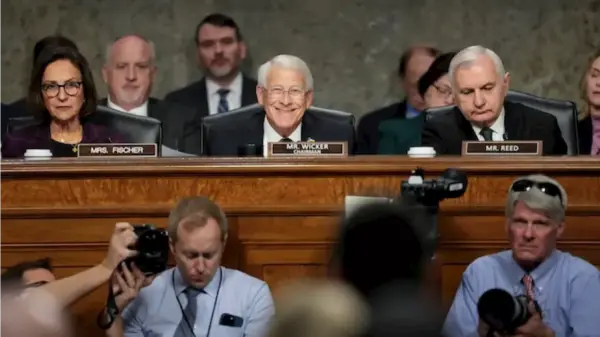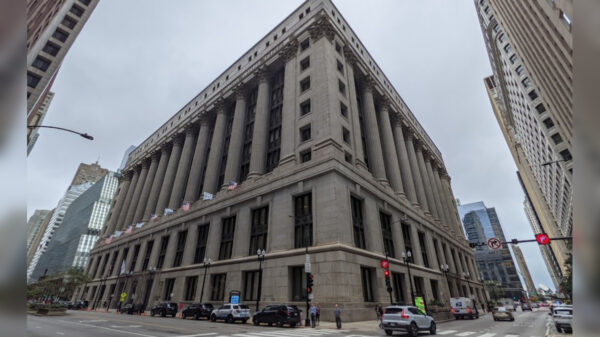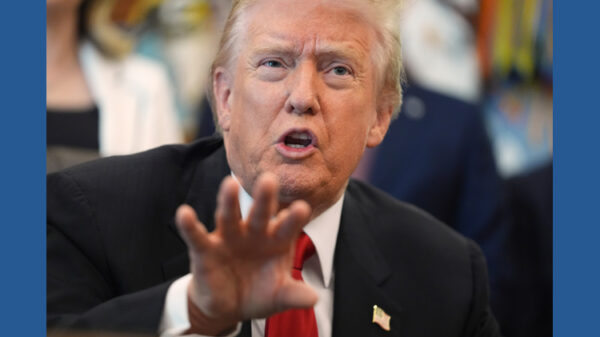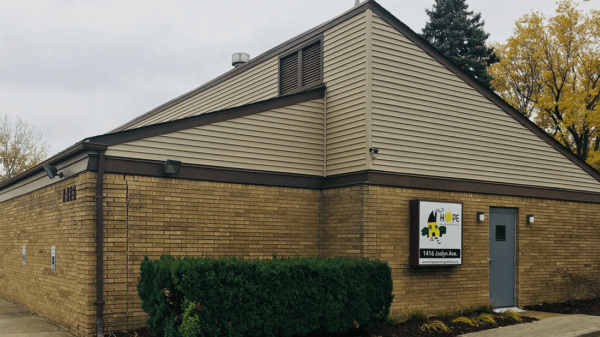State Question 836 has emerged as a pivotal initiative aimed at reinforcing democratic engagement and ensuring that each voter’s voice holds significance in the electoral process. This measure seeks to remind elected officials that their accountability lies with the electorate, rather than with political party leaders. As the push for this petition gains momentum, resistance from certain political factions highlights the underlying tension between grassroots democracy and established party control.
The essence of State Question 836 is to reaffirm the principles of populism, where the focus is on the people rather than party interests. Advocates argue that this initiative represents an opportunity to make elections more meaningful, thereby enhancing voter participation and trust in the political system. By prioritizing the needs and opinions of constituents, State Question 836 aims to shift the balance of power back to the public.
Resistance from Political Elites
The reaction from some political leaders opposing this petition speaks volumes about the current political landscape. Critics of State Question 836 have expressed outrage, suggesting they view the initiative as a threat to their authority. This response underscores a critical point: party elites often resist changes that could diminish their control over the political narrative and electoral outcomes.
The implications of this resistance are significant. Politicians who thrive in a system characterized by division and partisanship may feel threatened by a movement that promotes unity and public service. The existing framework, which some argue favors political insiders, could face scrutiny as more voters become aware of the potential for their voices to carry greater weight.
Supporters of State Question 836 believe that empowering voters can lead to more representative governance. By fostering an environment where every election matters, they hope to cultivate a culture of civic engagement that encourages individuals to participate actively. This initiative may also serve as a catalyst for broader reforms that challenge the status quo and promote transparency in political processes.
The Path Forward
As the debate surrounding State Question 836 unfolds, its supporters are rallying for greater awareness and understanding of its objectives. The focus remains on mobilizing citizens to recognize the importance of their involvement in shaping policy and governance. By highlighting the potential benefits of increased voter engagement, advocates aim to counter the narratives propagated by political elites resistant to change.
The upcoming discussions and decisions regarding State Question 836 will be critical in determining its fate. The outcome could set a precedent for future initiatives aimed at enhancing democratic participation and ensuring that elected officials remain accountable to their constituents. As this movement gains traction, the broader implications for the electoral landscape will be closely monitored by both supporters and detractors alike.
In summary, State Question 836 represents a significant opportunity to reconnect citizens with their democratic rights. By emphasizing a commitment to populism, the initiative aims to challenge the entrenched interests of political elites and foster a more inclusive political environment. As the conversation continues, the focus remains on empowering voters and reinforcing the idea that every voice matters in the democratic process.



































































